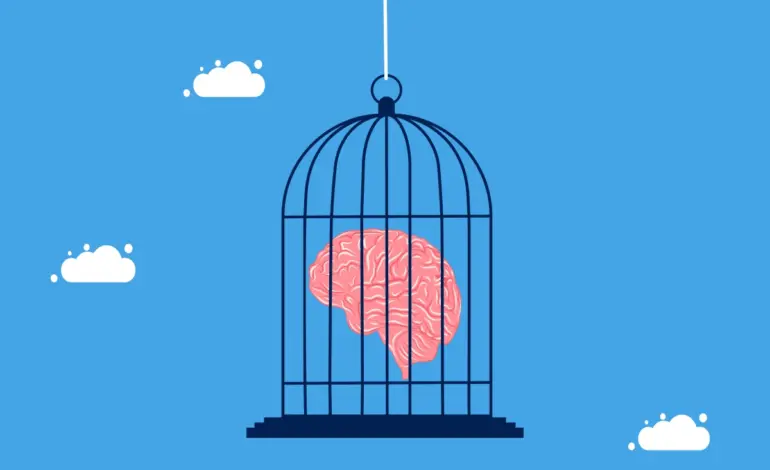New Drug Trial Aims to Transform Treatment for Panic Disorder

A new clinical trial in Australia is set to evaluate a drug combination aimed at providing long-term relief for individuals suffering from panic disorder. This mental health condition, which affects approximately 4.7% of the adult population in the United States, is characterized by recurrent panic attacks leading to significant disruptions in daily life. The trial is being conducted by scientists at the Mackay Institute of Research and Innovation (MIRI), the research branch of Mackay Hospital and Health Service.
Currently, no new medications have been approved for the treatment of panic disorder since 2003. The upcoming study seeks to recruit participants aged 18 to 65 who have been diagnosed with recurring panic attacks. The treatment involves an oral medication that combines two existing drugs, potentially offering effective symptom relief without the addictive risks associated with many common therapies.
Panic disorder is often marked by sudden episodes of intense fear that can result in physical symptoms such as chest tightness, dizziness, and shortness of breath. These episodes can lead individuals to avoid situations that may trigger an attack, ultimately confining them to their homes. As psychiatrist and clinical trial lead researcher Alok Rana, M.D., explains, “Their life actually goes on hold. They can’t go into public a lot of the time.” This avoidance behavior can result in a loss of independence, affecting personal and professional lives.
Treatment options for panic disorder typically include psychotherapy and medication. Cognitive behavioral therapy (CBT) and exposure therapy have shown effectiveness, but they may not work for everyone. Pharmaceuticals like selective serotonin reuptake inhibitors (SSRIs) can help in the long run, yet for around 15% of patients, these medications may exacerbate symptoms initially, causing many to discontinue treatment. Additionally, benzodiazepines, while effective for short-term relief, carry risks of dependency and addiction.
The new trial will assess the tolerability and efficacy of the drug combination over a 15-week period. Participants will engage in six site visits, eight video consultations, and maintain contact with medical staff through phone calls for ongoing support. “We are using a combination of two medications, which are already used for physical health issues and widely used in the population,” said Rana, emphasizing their safety.
Rana and fellow psychiatrist Graham Pasternak are optimistic that this new treatment could significantly improve the lives of those affected by panic disorder. “An interesting thing about this combination drug is that it’s not tolerance or dependence forming,” Pasternak noted. He contrasted this with traditional treatments like Valium, which can offer immediate relief but lead to long-term dependence and addiction.
The trial is anticipated to commence later this year, contingent upon meeting recruitment targets. For individuals interested in potentially participating in this study, further information is available through the trial portal or by contacting the research team directly.
This innovative approach underscores the urgent need for effective treatments for panic disorder, a condition that has seen little advancement in medication options for nearly two decades.






